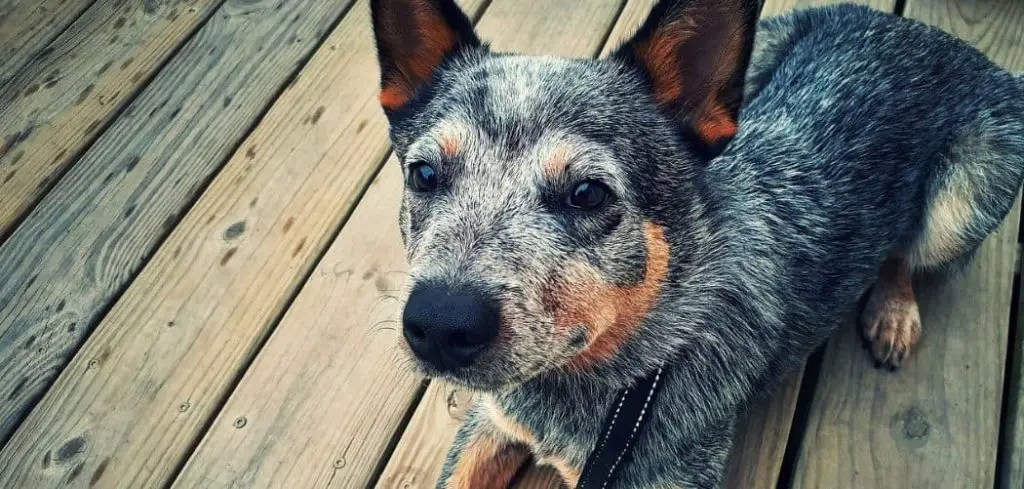If your dog is suddenly drinking more water and also pooping more frequently, it can be hard to tell whether it’s something simple—or a sign of something more serious. While mild changes might stem from diet or temperature, frequent urination and defecation together may point to underlying health issues.
We outline the common causes of dog drinking a lot of water and pooping a lot, what you can do at home, and when to seek veterinary help.
Dog Drinking a Lot of Water and Pooping a Lot — Why It Happens
Increased water intake and frequent pooping may stem from dietary changes, gastrointestinal upset, infections, parasites, metabolic conditions, or medication side effects.
While sometimes harmless and temporary, persistent or worsening symptoms need medical attention to rule out more serious conditions.

Common Causes of Dog Drinking a Lot of Water and Pooping a Lot
Dietary Changes or Sensitivities
A sudden change in food, the introduction of treats, or dietary sensitivities can upset your dog’s digestion.
This may lead to soft stools or more frequent bowel movements—and increased thirst due to mild dehydration from fluid loss.
Look for other signs like flatulence, stomach gurgling, or inconsistent stool texture. Returning to a bland, vet-recommended diet can help stabilize things.
Read more: Dog Drinking a Lot of Water and Diarrhea (Here’s what’s going on)
Gastrointestinal Infections (Bacterial or Viral)
Dogs exposed to contaminated food, water, or other animals may develop gastrointestinal infections.
These often cause watery stool, urgency to poop, increased thirst from fluid loss, and sometimes vomiting or fever.
Mild cases may resolve with supportive care, but more severe infections may need antibiotics or fluids.
Intestinal Parasites
Worms like roundworms, hookworms, whipworms, or giardia can irritate the GI tract, causing diarrhea or frequent pooping.
Dogs may also drink more to compensate for fluid loss. Other symptoms include scooting, visible worms in stool, weight loss, or a dull coat.
Routine fecal testing and deworming prevent many of these issues, especially in puppies or shelter dogs.
Diabetes Mellitus
Diabetes increases blood glucose, causing excess urination and thirst. It can also affect digestion, leading to more frequent bowel movements or loose stool.
If your dog drinks excessively, urinates often, loses weight, or seems constantly hungry, diabetes should be ruled out.
Diagnosis is made with blood and urine tests and managed with insulin therapy and diet.
Cushing’s Disease (Hyperadrenocorticism)
Cushing’s causes excessive cortisol production, which leads to increased thirst, urination, and sometimes digestive irregularities like increased bowel movements.
Affected dogs often develop pot-bellied appearance, thin skin, and muscle weakness.
Hormone testing is required for diagnosis, and the condition is typically managed with medication.
Medication Side Effects
Some medications—especially steroids, antibiotics, or GI medications—can increase thirst and affect stool frequency.
If your dog started a new treatment recently and symptoms developed afterward, discuss possible side effects with your vet.
Never stop prescribed medications without professional guidance, even if side effects seem strong.
What to Do If Your Dog Is Drinking and Pooping a Lot
Monitor your dog’s symptoms for 24–48 hours. Take note of water consumption, stool consistency, color, and frequency.
Provide easy access to fresh, clean water, especially if your dog is losing fluids through soft stools.
Feed a consistent, digestible diet like boiled chicken and rice or prescription gastrointestinal food recommended by your vet.
Avoid treats, human food, or abrupt food switches until the symptoms settle.
Collect a stool sample for your vet if the issue persists—it can help identify parasites, infection, or inflammation.
When to Call or Visit Your Vet
Contact your veterinarian promptly if your dog:
Drinks excessively for more than two days
Has watery or bloody diarrhea
Poops more than 3–4 times per day for multiple days
Loses weight or appetite
Vomits or becomes lethargic
These symptoms may indicate dehydration, infection, metabolic disease, or intestinal damage.
Early intervention is key to preventing complications and restoring hydration and gut balance.
Read more: Dog drinking a lot of water at once
Key Takeaway
When your dog is drinking more and pooping more, it’s important to track the pattern and look for other symptoms.
While diet changes or minor bugs may be to blame, conditions like diabetes, infections, or parasites should be ruled out if symptoms persist. A quick vet visit can get your dog back to feeling better—and keep dehydration at bay.
